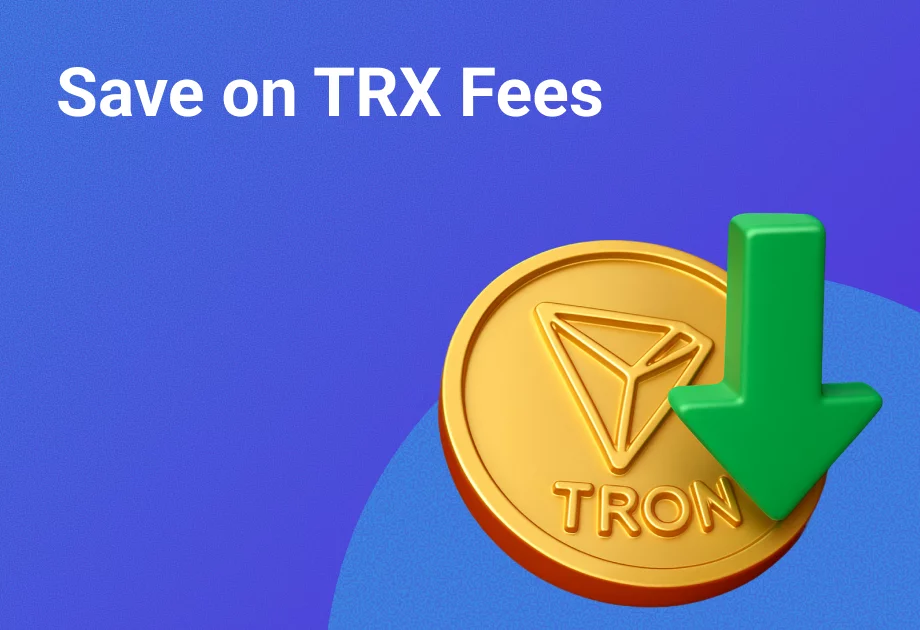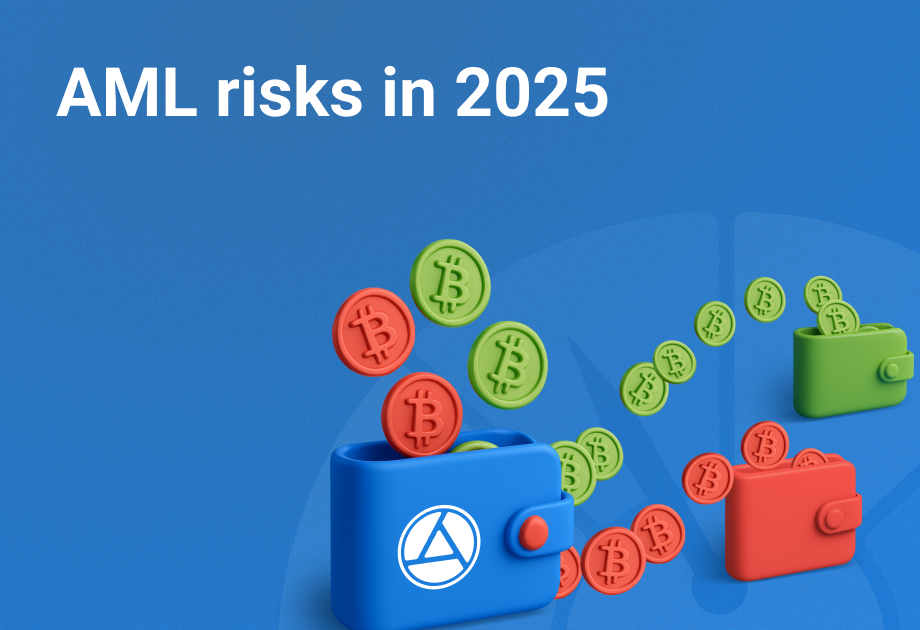5 Reasons Not to Store Funds on Crypto Exchanges and Where to Store Them Instead
As long as your assets are on an exchange, you're not the owner. Where is it safe to store crypto?

Cryptocurrencies are still largely unregulated, resembling a digital Wild West. People can gain wealth quickly but also lose it just as fast, bearing full responsibility for both their wins and losses.
So, where should you keep your crypto to ensure your assets are secure in this volatile market? Let’s break it down by comparing the difference between crypto wallet and exchange storage options.
You Don’t Actually Own Your Funds on Exchanges
"What do you mean I don’t own them? I can withdraw them anytime," a less experienced user might say. But here’s a question in return: "What happens if the exchange suddenly shuts down?" The customers of the Canadian crypto exchange QuadrigaCX know the answer all too well.
QuadrigaCX operated successfully from 2013 to 2018, hosting 363,000 user accounts with a total of $190 million in assets.
However, its founder Gerald Cotten passed away unexpectedly, leaving no one else with access to the cold wallets where most user funds were stored. As a result, client accounts were frozen, and their assets were lost forever.
Tip: Where Should You Store Crypto?
An exchange is not a wallet but a place for trading. This distinction is critical in the exchange vs wallet debate. Keep only the amount needed for active trading and transactions on the platform.
For long-term storage, use secure wallets with seed phrases. These give you complete control and ensure you can recover your funds even if the wallet provider shuts down.
Exchange Servers Are Vulnerable to Third-Party Access
When you store funds on an exchange, you’re also entrusting it with sensitive data, like transaction records and IP addresses. If the servers are seized or compromised, all this information becomes accessible to third parties.
This was the case for clients of 47 cryptocurrency exchanges. In September 2024, German law enforcement seized servers, exposing user data to authorities. When users attempted to access their accounts, they were greeted with messages stating that all their data was now in police hands.
Data Privacy: Where Should You Store Crypto?
To protect your transaction history and personal data:
- Use non-custodial wallets, where the software is installed on your own server. You decide where it is hosted.
- Opt for wallets with robust encryption. For example, BitHide uses 512-bit encryption, a standard so secure that no current technology can break it.

“Dirty” Crypto Can Be Blocked
Have you ever checked the risk level of your crypto assets? If not, your coins might be flagged and blocked during an AML check if they’ve ever been involved in suspicious activities.
Additionally, your account may be suspended while support demands proof of the funds' legitimacy—a tedious and frustrating process. This happened to a Binance user whose account was frozen during an AML investigation.
How to Store Bitcoin and Avoid AML Blocks?
Before transferring funds to an exchange, check their history with tools like Crystal Blockchain.
Or, better yet, use a wallet with built-in AML checks. BitHide allows users to automatically screen all incoming transactions or manually verify specific addresses for added security.
Hackers Could Steal Your Funds
Exchanges are lucrative targets for hackers. If breached, millions in crypto assets can vanish overnight. The 2014 Mt. Gox hack is a prime example.
Before the attack, Mt. Gox handled about 70% of all Bitcoin transactions. Hackers made off with 850,000 BTC, forcing the exchange to declare bankruptcy.While the exchange managed to return 200,000 BTC to users, the majority lost their funds entirely.
Where’s the Best Place to Store Bitcoin?
Use cold or hot wallets that provide seed phrases for recovery. Exchanges may seem convenient for storage, but as we’ve seen, they aren’t safe. Many wallets also offer built-in swap functionality, allowing you to buy and sell assets without needing an exchange account.

Exchanges Are Run by People
Even well-known exchanges are not immune to poor decision-making. The collapse of FTX in 2022 showed how client funds can be mismanaged.
FTX loaned user assets to its affiliated company, Alameda Research. It turned out that over 75% of Alameda’s assets were tied to FTX’s FTT tokens. When this became public, investors liquidated $6 billion worth of tokens in just a few days. The exchange couldn’t process withdrawal requests, leaving countless users empty-handed.
Conclusion
Never forget that funds stored on an exchange are pooled together and could be misused or lost to fraud. For companies regularly sending and receiving crypto, the need for secure storage is even greater than for individual users.
Use products specifically designed for businesses. The BitHide wallet combines blockchain speed and convenience with a multi-layered system for protecting funds and data.


